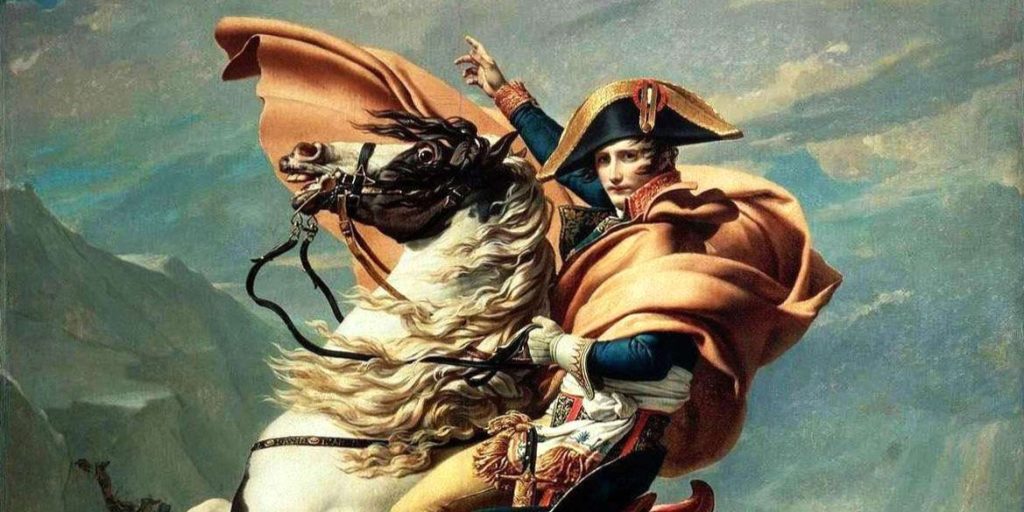His men faced the merciless Russian winter, with temperatures plunging to -30°C. Starvation and frostbite were thought to be their main killers.
Others are reading now
History books long blamed hunger, brutal cold, and exhaustion for Napoleon’s catastrophic retreat from Russia in 1812. But a groundbreaking DNA study now points to another killer lurking in the ranks, deadly bacterial infections.
The Grand Armée’s Ill-Fated Campaign
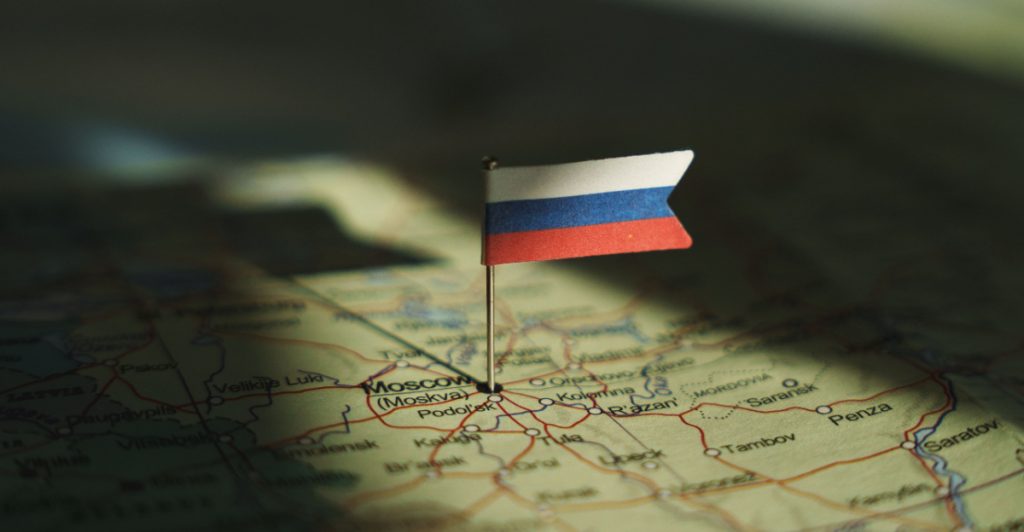
In June 1812, Napoleon led the largest army Europe had ever seen, 600,000 soldiers into Russia.
The Russians responded with a scorched-earth strategy, burning crops and cities to deny the French supplies. Napoleon reached Moscow but found it abandoned and stripped bare.
The Brutal Winter Retreat

By October, Napoleon had no choice but to turn back.
His men faced the merciless Russian winter, with temperatures plunging to -30°C. Starvation and frostbite were thought to be their main killers.
Also read
Digging for Clues in Vilnius
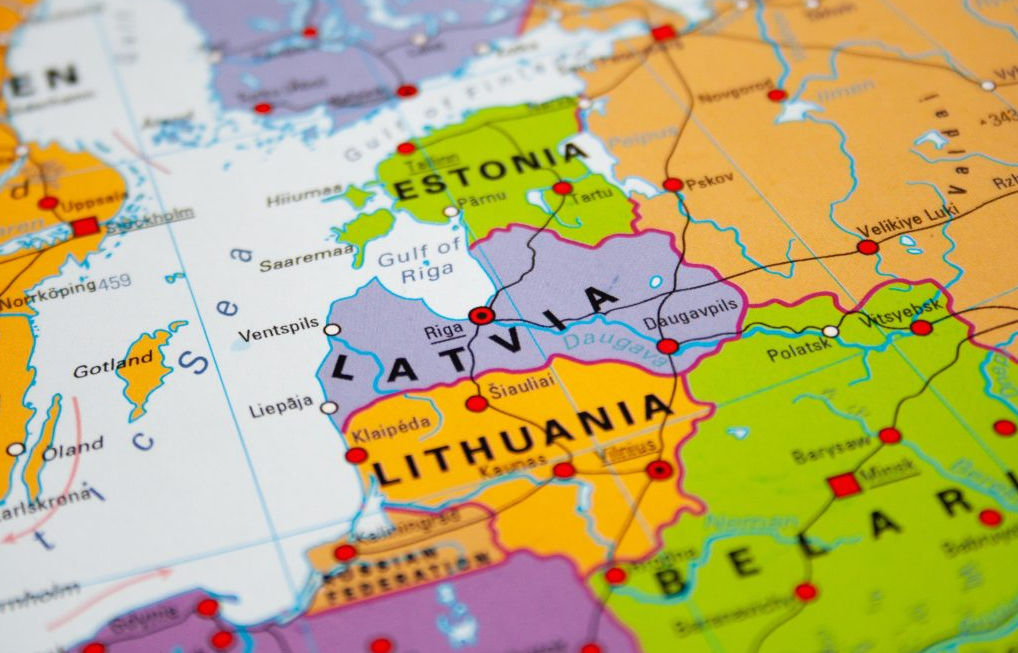
Fast forward to modern-day science. Nicolas Rascovan of the Pasteur Institute in Paris studied the teeth of 13 soldiers buried in Vilnius, Lithuania.
These men died during the retreat, offering a rare snapshot of the army’s health in its final days.
Deadly Bacteria Found in Soldiers’ DNA

The tests revealed infections by Salmonella enterica, which causes typhoid fever, and Borrelia recurrentis, a louse-borne bacterium responsible for relapsing fever.
Both are severe, potentially fatal diseases, especially in already weakened soldiers.
A Lethal Combination
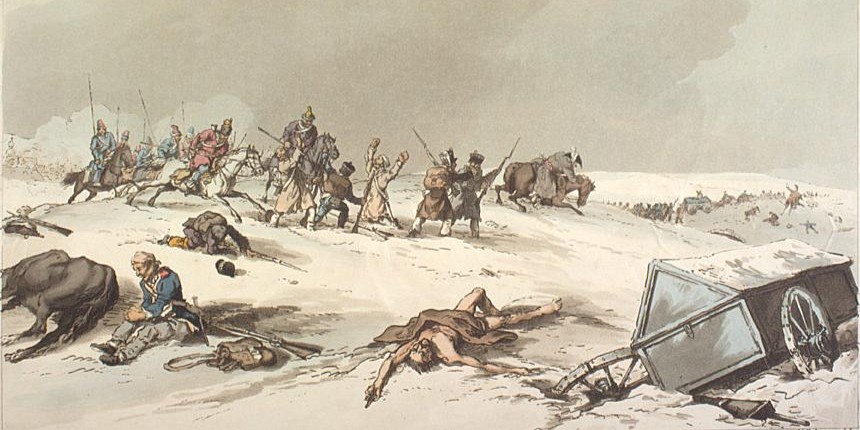
Researchers believe the soldiers succumbed to a deadly mix of extreme cold, exhaustion, and multiple infectious diseases. Any one of these factors could kill, but together they were devastating.
Also read
Not Yet the Final Word
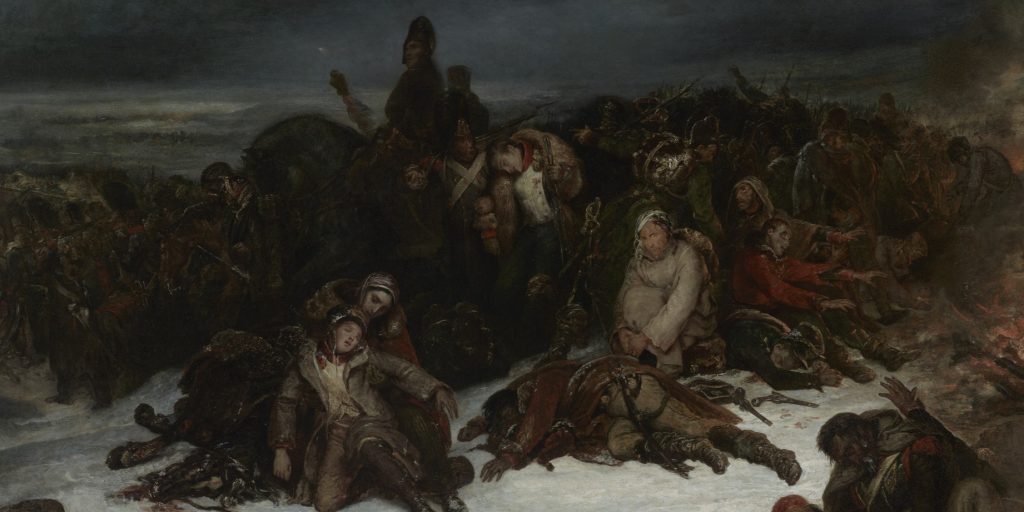
The findings, published by NewScientist, are compelling but not conclusive.
Experts like Sally Wasef of Queensland University of Technology caution that more remains to be studied, especially since only a small number of soldiers’ remains were analyzed.
Changing the Way We See History
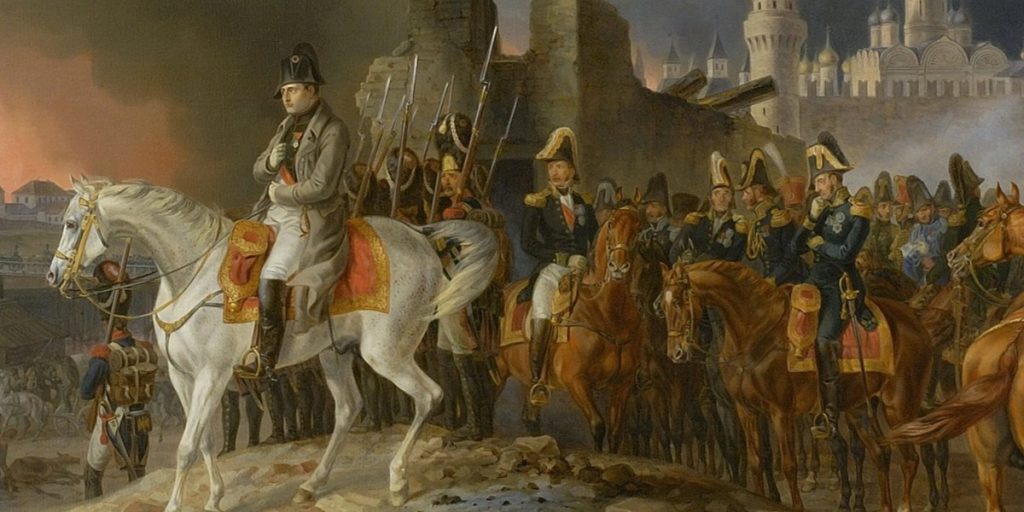
If confirmed, this research could reshape our understanding of Napoleon’s downfall.
It’s a reminder that even in great historical events, invisible enemies like bacteria can change the course of history as much as battles or weather.

